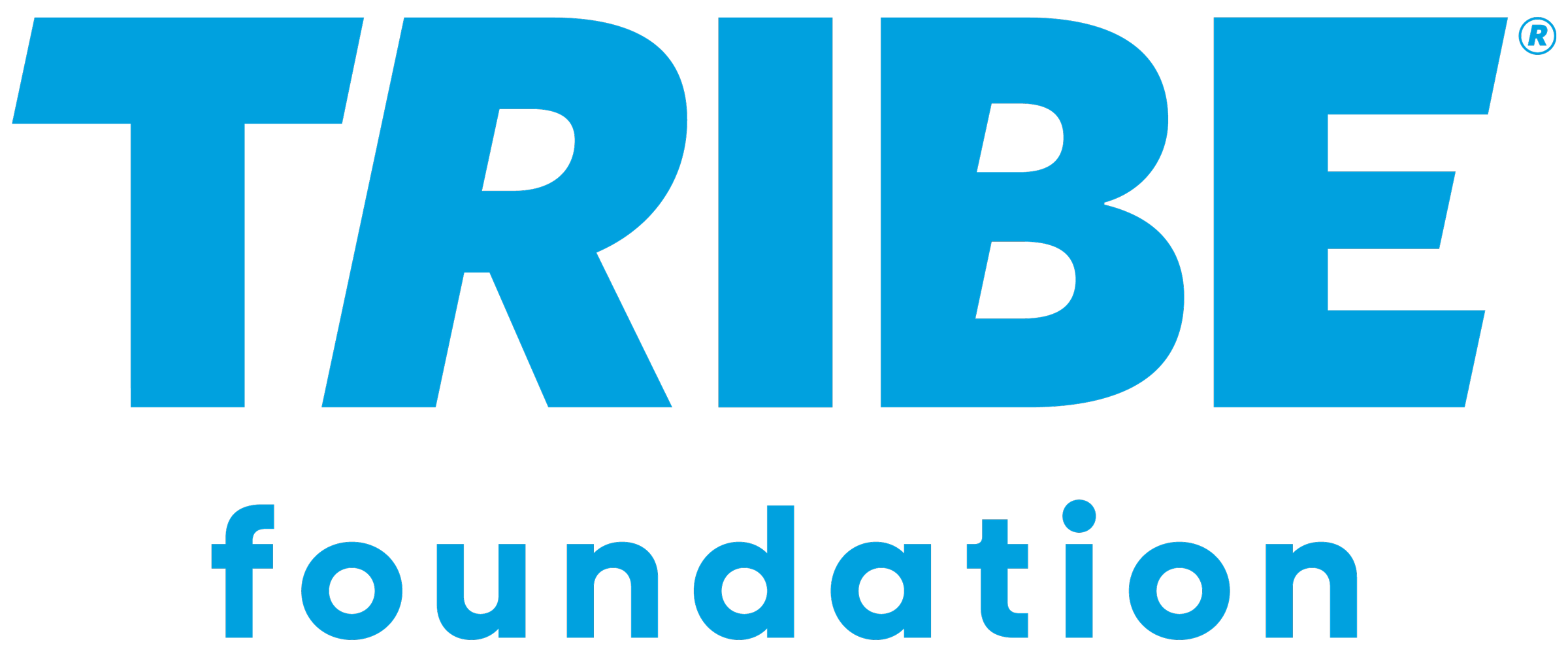An estimated 13,000 people are trapped in modern slavery in the UK today, but only 5,148 people were identified as potential victims of modern slavery in 2017. Although this was an increase of 26% on 2016, it’s not enough.
To help improve identification and end modern slavery, more people need to become aware of what slavery entails, how we can identify it and what can be done to stop modern slavery.
Here, our charity project partners at The Snowdrop Project take us through how they’re raising awareness of modern slavery in the lead up to Anti-Slavery Day on Thursday 18th October.
Raising the profile of Modern Slavery
More needs to be done to identify those victims still trapped in modern slavery. The more people who understand what modern slavery is, how to spot the signs and what the needs of a survivors are, the more survivors we can identify and support into freedom. Through social media, speaking engagements and partnerships with national organisations, we endeavour to raise the profile of modern slavery in the media and on the political agenda. We work to raise awareness of modern slavery, the needs of survivors and best practice for providing long term support.
Sharing knowledge
In the Snowdrop Project’s mission statement, we outline that we are committed to developing a culture of shared learning and development. We purposefully put extra information on our website as we want to be a source of knowledge for both individuals and professionals. We recognise the importance of research, knowledge sharing and partnership.
To learn more about the signs of modern slavery and to help recognise victim vulnerabilities, check out the helpful resources here.
Informing best practice
By sharing our resources and knowledge we help to inform the dialogue surrounding human trafficking. Recently, the Snowdrop Project collaborated with the University of Sheffield, photographer Jeremy Abrahams and anti-trafficking organisations Ashiana and City Hearts to create a photography exhibition and series of workshops called ‘Unhidden’. The exhibition highlighted the issues surrounding how slavery is talked about and photographed. We help to re-frame modern slavery in a way that is humanising and empowering.

Jeremy Abrahams: Image from Unhidden in Plain Sight, 2018
Working in partnership
One organisation cannot end slavery alone. The 18th October marks Anti-Slavery Day, a day to raise awareness of human trafficking and modern slavery, and encourage government, local authorities, companies, charities and individuals to do what they can to address the problem. The Snowdrop Project partners organisations like TRIBE Freedom Foundation and The Natashas Project to do just this. The Natasha Project is an international contemporary dance and physical theatre who use dance and creativity to inform and equip the public about Human Trafficking and Modern Day Slavery. The Natashas Project will be coming to Sheffield for Anti-Slavery Day to perform their latest production ‘On Demand’, which aims to challenge common perceptions and assumptions through themes of manipulation, disorientation and ultimately dehumanisation.
To learn more about how we raise awareness of modern slavery visit our website.

